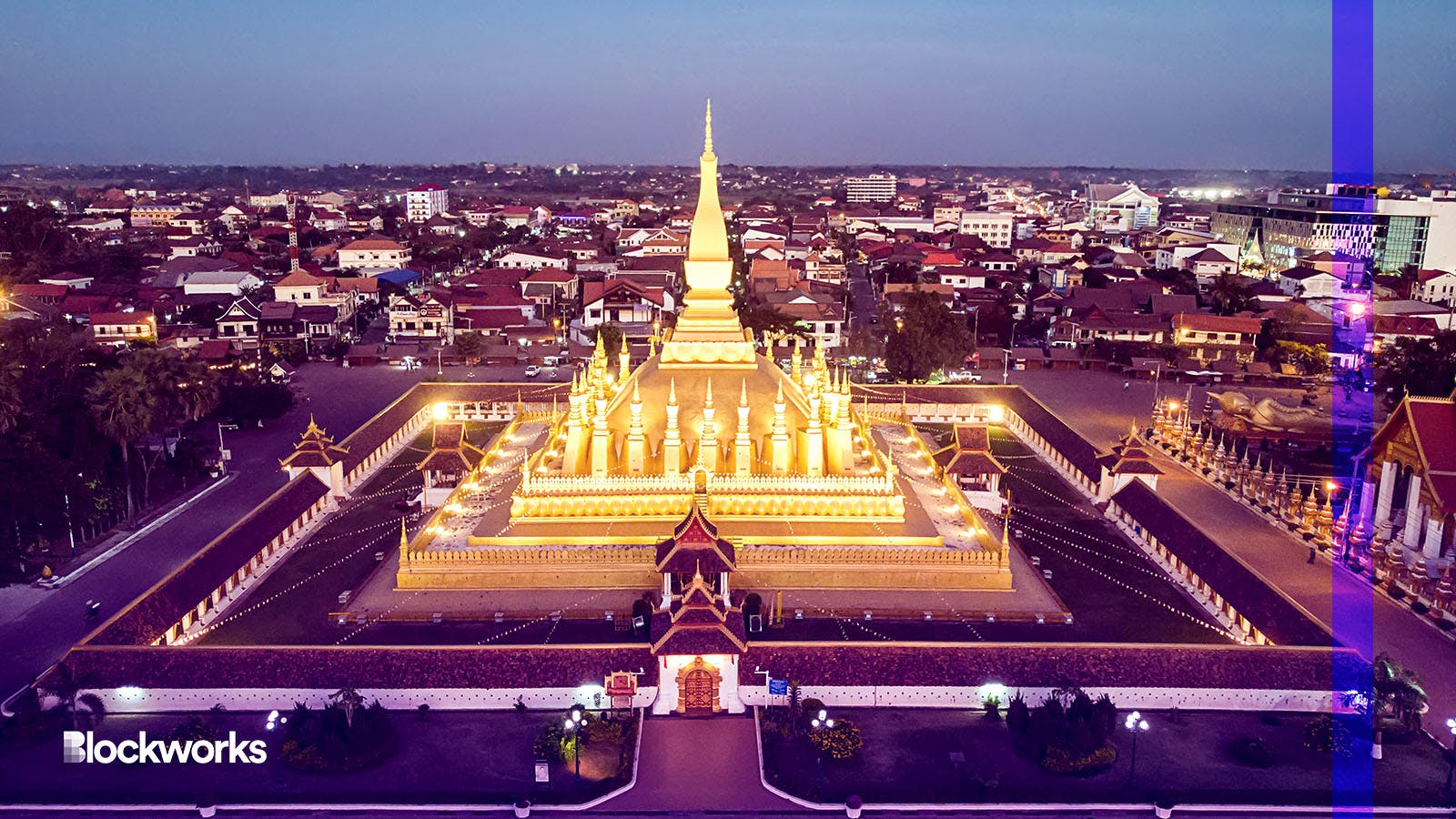Laos’ pro-crypto miner policy backfires during severe drought
Laos, which had previously initiated regulations to formalize and encourage crypto mining and trading, is changing tactics during the bear market

Melnikov Dmitriy/Shutterstock, modified by Blockworks
State-run Electricite du Laos (EDL) revealed last week it will withdraw electrical supply to domestic crypto mining operations, marking a stark deviation from its pro-crypto stance in 2021.
The sudden change underscores the challenges Laos faces as it grapples with a severe energy crisis exacerbated by drought conditions, local media reported Saturday.
EDL is responsible for overseeing the country’s electricity production, transmission and distribution infrastructure. It also handles the import and export of electrical power through the country’s national grid.
In November 2021, Laos initiated regulations to formalize and encourage crypto mining and trading. The move was seen as an attempt to seize on a vacuum left in the wake of China’s crackdown on crypto mining.
Issued by Minister of Technology and Communications Boviengkham Vongdara, the rules stipulated crypto businesses be entirely Lao-owned, financially stable and required to deposit a $5 million security with the Bank of Laos — the nation’s central bank.
The regulatory framework also incentivized energy consumption in crypto mining, setting a minimum usage of 10 megawatts, to be supplied by EDL under a renewable six-year contract. It even provided exemptions on electricity transmission fees and import taxes for the state-owned supplier.
Now, in the wake of extreme drought that has severely impeded the nation’s hydropower plants responsible for 95% of the country’s electricity, EDL has reprioritized its power allocation.
The move aims to bolster local electricity supply while also earmarking large volumes for export to Thailand’s Electricity Generating Authority ahead of the region’s dry season next year.
This policy reversal also follows the government’s acknowledgment of unmet debt obligations within the crypto-mining sector, per the reports.
An abrupt shift casts doubt on Laos’ strategy for balancing the growth of emerging technologies with pressing infrastructural needs, including the consistent provision of electricity to both its domestic population and export markets.
Get the news in your inbox. Explore Blockworks newsletters:
- The Breakdown: Decoding crypto and the markets. Daily.
- 0xResearch: Alpha in your inbox. Think like an analyst.






